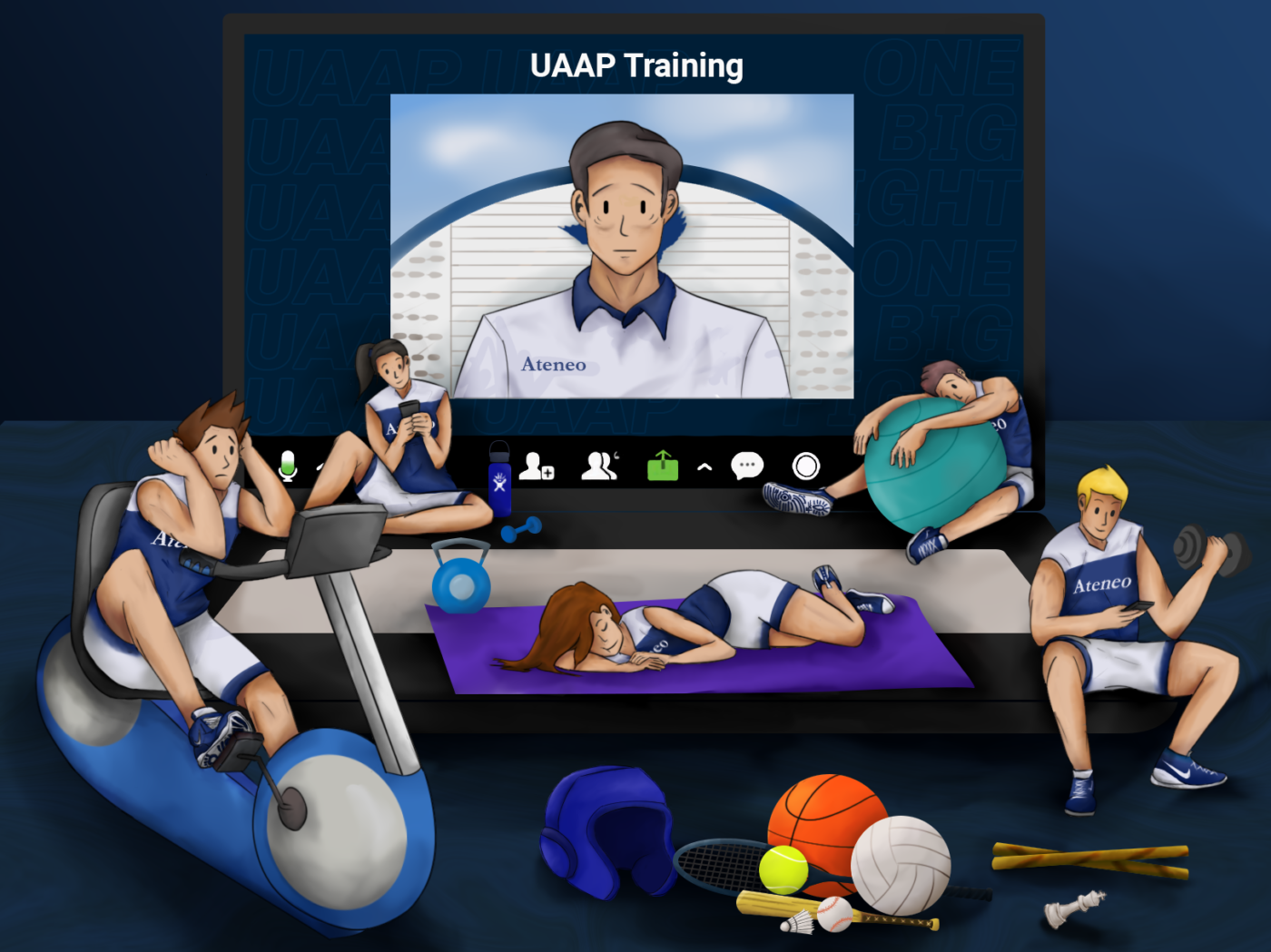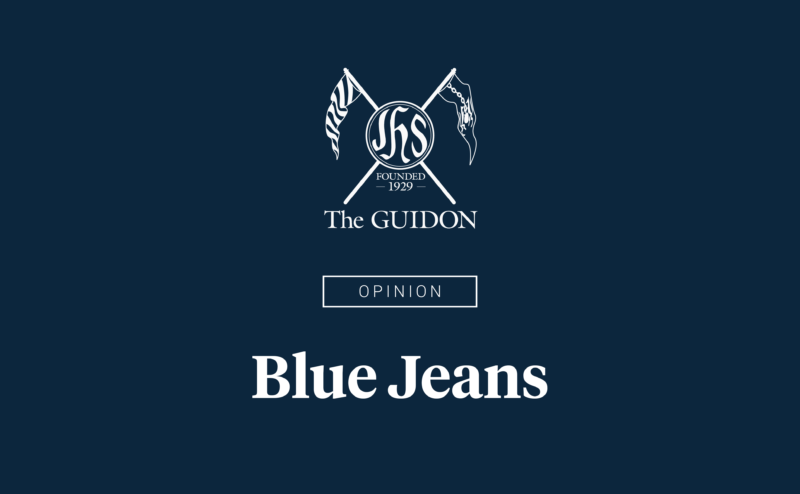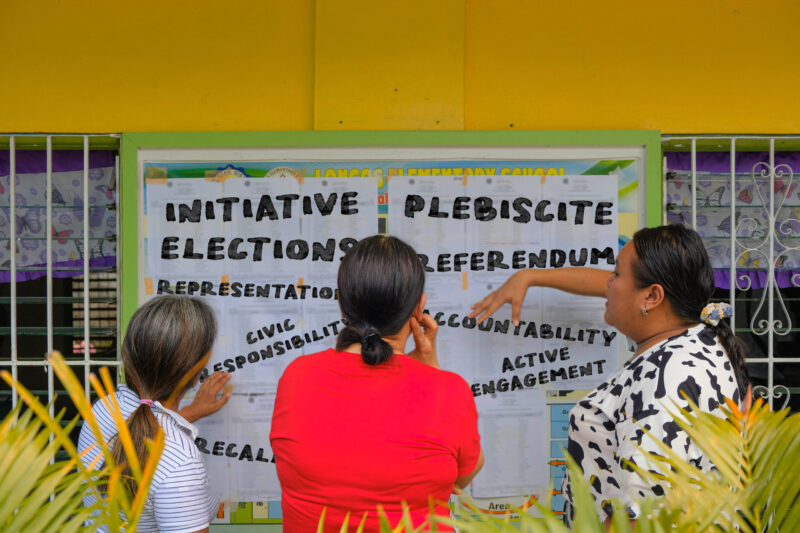ALTHOUGH ATHLETES today are depicted as real-life superheroes with their extraordinary strength and power, it is ultimately a romanticized notion that unwittingly adds to the narrative that sports figures are invincible.
However, this is far from the truth, as athletes are equally susceptible to personal struggles and the harsh realities of the world. In today’s context, athletes have had to adjust to the quarantine restrictions brought by the COVID-19 pandemic by migrating their team trainings, meetings, and team bondings online.
Although this forcible shift was made for everyone’s safety and best interest, there are arguably some negative effects that emerged. From fatigue to burnout, these are just a few threats to an athlete’s well-being that should not be ignored.
A shift in psyche
Even before the pandemic, getting through hours of gruelling and demanding varsity training was no easy feat. Now, without the company of teammates and coaches physically present in online training, it has become even more difficult to stay driven to finish workouts. Although applications like Zoom allow users to send digital claps and words of encouragement, these do not motivate athletes in the same way that high fives and booming cheers do.
What more on the days that asynchronous training is the only option? With some individuals residing abroad, or with unstable internet connection not allowing calls, finding a common schedule becomes challenging. With no other choice, athletes are forced to finish their workouts alone, which sometimes leads to unproductive and dragging sessions.
Ryan Herrera, a rookie winger from the Ateneo Men’s Football Team (AMFT), shared, “The normal chats that we players have during training and the camaraderie that everyone shared is definitely not the same… I guess in a way, because of this, I lose motivation at times.”
However, the problems do not stop there. Other factors like the lack of access to the usual facilities, such as the Moro Lorenzo Sports Center and the Blue Eagle Gym, have created further setbacks for student-athletes. With limited resources, it is likely that improvements in fitness and skill have stagnated or even regressed. For athletes who are used to being in peak physical condition, dips in performance can potentially be detrimental to their physical and even mental well-being.
On top of the issues with online training, student-athletes are simultaneously adjusting to distance learning as well. Although there is a sentiment that working from home gives athletes more time to accomplish modules and requirements, it is simply not the case. “Online learning consumes so much more time than usual… So it’s tough, honestly, to manage the expectations of having to perform well in both school and training,” shared Martina Bautista, captain of the Women’s Lawn Tennis team.
With everything being done remotely, the lines between school, training, and the personal lives of these student-athletes have been blurred.
The silver lining
Despite all of these challenges, the online shift has also resulted in some positive changes. For one, teammates, coaches, and student managers have been forced to think more creatively to strengthen relationships and encourage connections during a time of social distancing.
For Bautista, her team implemented a mentor-mentee system to provide direct guidance and counselling for each member. “It is one veteran to one rookie, essentially, so that the rookies can transition into [the] student-athlete life better. I think it’s also easier to open up to one person rather than a big group right away, especially online,” she shared.
Meanwhile, Herrera’s seniors have tried to be extra approachable and welcoming by being active online. “They would joke around in the group chats to lighten the mood,” he said. The AMFT’s student managers also host frequent game nights to break the monotony of days at home and routine training.
Aside from the increased efforts to bring teams together, the forced break from straining competition has also been a welcome change for some. This period has been used for rest and rehabilitation, especially for athletes with previous nagging injuries. Others who were on the brink of burning out also enjoyed the extra time to reevaluate their careers after a long hiatus from their sport.
Most importantly, this experience has taught athletes to challenge themselves to rest, reflect, and recuperate when needed. While powering through challenges and remaining driven is admirable, acknowledging the strain on the mind and the body and making changes to combat it are just as valid and commendable.
Moving forward
Although Ateneo teams have already experienced nine months of online training due to quarantine restrictions, knowing where to go from here remains the biggest question on everyone’s minds.
Ateneo Women’s Basketball Team Head Coach LA Mumar stressed the importance of discernment and constant evaluation of the current situation and the well-being of the team. “There is a time to push and focus on mental toughness, and there is a time to pull back and understand the challenges the team faces,” Mumar said. Striking a balance between these two factors while conducting online training will be key for the months to come.
Keeping the lines of communication open is also vital moving forward. The University Athletic Association of the Philippines (UAAP) Board of Directors and the University Athletics Office should continue to disseminate as much information as they can regarding the fate of on-site training and the next UAAP season. This is especially important because the lack of direction can be burdensome for athletes. “It’s hard to motivate yourself if you don’t know what you’re training for,” explained Bautista.
Although the COVID-19 pandemic has brought about burdens and difficulties, athletes and coaches are hopeful that they can suit up for action soon enough. In the meantime, they will continue to persevere in true superhero fashion.
Editor’s Note: Selina A. de Dios is currently the team captain of the Ateneo Women’s Basketball Team.







